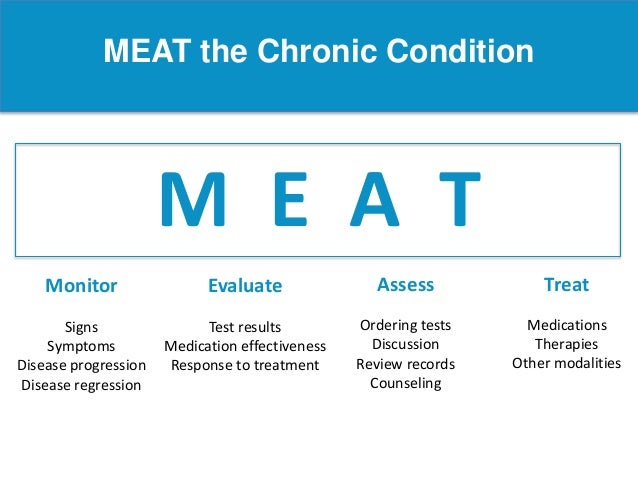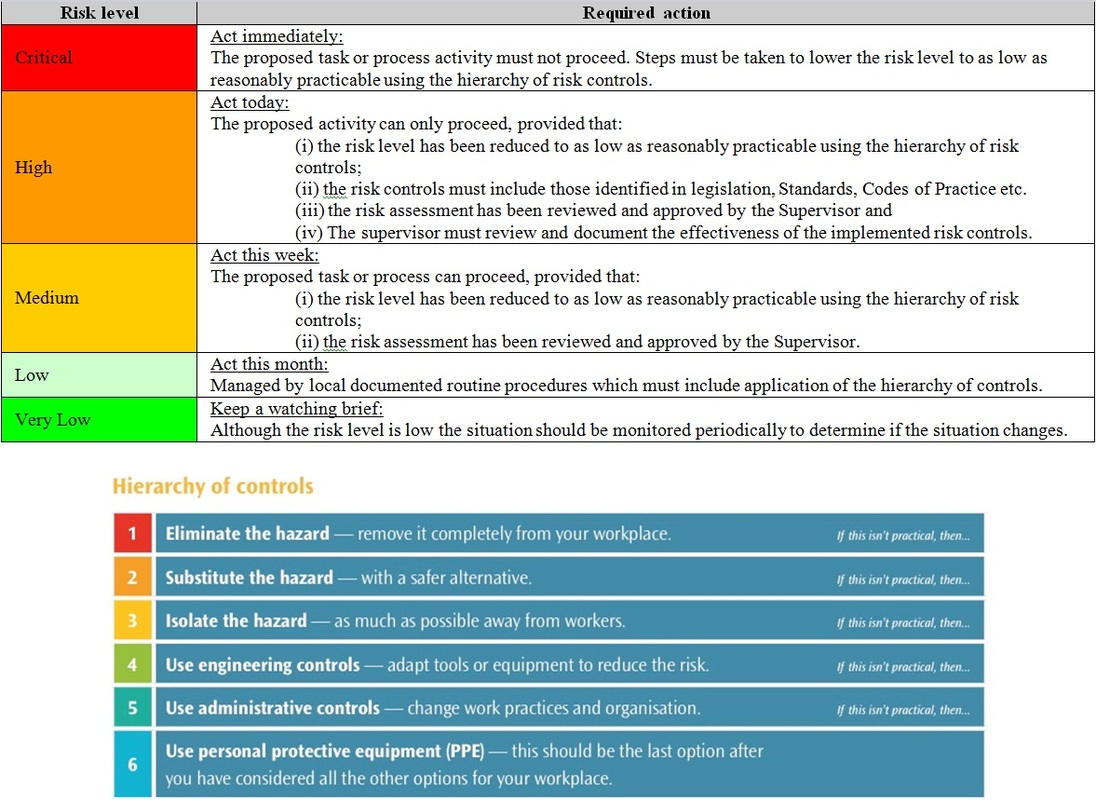
The consumption of red meat and processed meat has been linked to several types of cancer in previous studies. Nonetheless, the relationship between diet and CUP has been less well studied, and that is particularly true with respect to meat consumption. Certain modifiable risk factors, such as cigarette smoking and alcohol consumption, have been linked to the development of CUP. By assessing lifestyle factors that are potentially associated with the disease, however, it may be possible to prevent future CUP patients. For most CUP patients, curative treatment(s) may no longer be an option. Globally, the median survival for CUP patients is only 3 months, dependent on available diagnostics as well as incidence and patient characteristics (favourable or unfavourable prognosis, 20–80%, respectively).

It ranks fourth in the most common metastasised cancers in the Netherlands, and with slightly more than 1300 incident cases in 2018, CUP accounted for almost 2% of all new cancer diagnoses in that year. In this cohort, beef and processed meat consumption were positively associated with increased CUP risk in women, whereas a non-significant positive association was observed between processed meat consumption and CUP risk in men.Ĭancer of unknown primary (CUP) is a metastasised malignancy for which the primary tumour origin remains unidentifiable during a patient’s lifetime. No associations were observed between red meat (overall), poultry or fish consumption and CUP risk. Q1 1.53, 95% CI 1.08–2.16, P trend = 0.001, respectively), and a non-significant positive association with processed meat consumption and CUP risk in men (multivariable adjusted HR Q4 vs. We found a statistically significant positive association with beef and processed meat consumption and CUP risk in women (multivariable adjusted HR Q4 vs. Multivariable adjusted hazard ratios (HRs) were calculated using proportional hazards models. A total of 899 CUP cases and 4111 subcohort members with complete and consistent dietary data were available for case–cohort analyses after 20.3 years of follow-up. Cancer follow-up was established through record linkage to the Netherlands Cancer Registry and the Dutch Pathology Registry. All participants completed a self-administered questionnaire on diet and other cancer risk factors at baseline. This study investigates whether meat consumption is associated with CUP risk.ĭata was utilised from the prospective Netherlands cohort study that includes 1,20,852 participants aged 55–69 years.

Research into CUP aetiology with respect to dietary factors is particularly scarce.

Cancer of unknown primary (CUP) is a metastasised cancer for which no primary lesion could be identified during life.


 0 kommentar(er)
0 kommentar(er)
